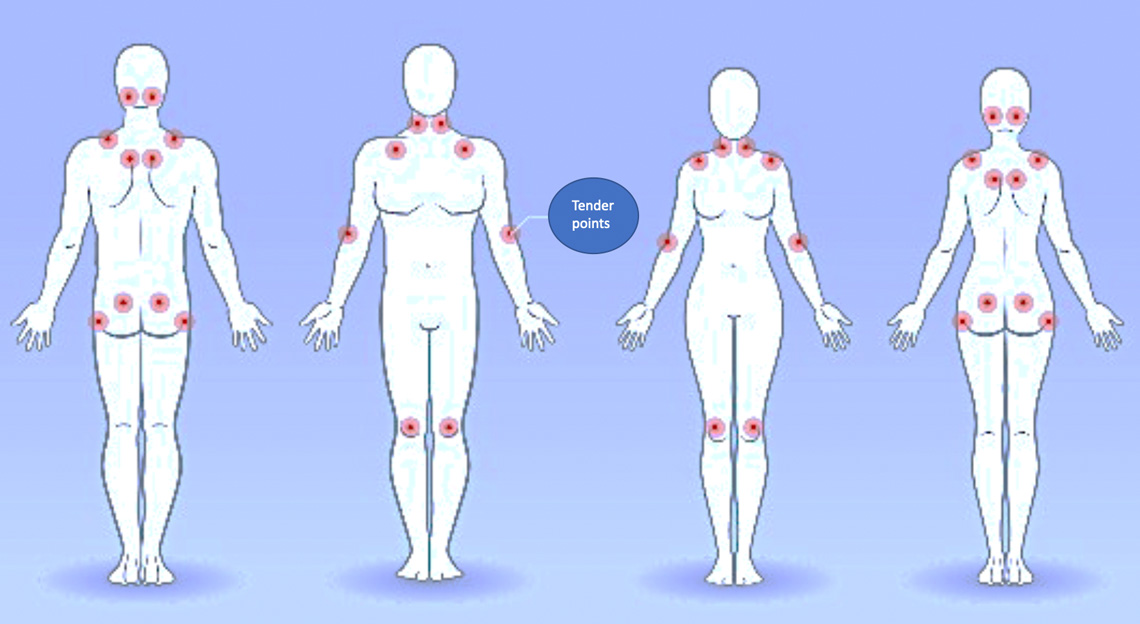3 Bad Habits Can Make Arthritis Worse for Beginners

The smart Trick of Fibromyalgia - Oxygen Therapy Belfast That Nobody is Talking About
Articles from Open Access Rheumatology: Research and Reviews are offered here thanks to
Scientists at the University of Manchester have discovered brain irregularities that might be behind the chronic discomfort suffered by osteoarthritis clients. The study, moneyed by Arthritis Research UK, suggests the requirement for new treatments to target brain mechanisms to help the mind cope more efficiently with persistent pain. As much as 30% of the population could be affected by persistent pain at any one time, with arthritis resulting in the most typical grievances of pain.

Fibromyalgia and Osteoarthritis - The Fibro Guy
"The extent of discomfort experienced by sufferers of arthritis has actually always been believed to arise from the direct repercussions of joint destruction. Nevertheless the level of discomfort is frequently inadequately related to the quantity of damage and can infect close-by regions of the body where there is no proof of arthritic illness.

Central sensitisation in chronic pain conditions: latest discoveries and their potential for precision medicine - The Lancet Rheumatology
Scientist wanted to see whether there was a link in between the pain suffered by arthritis and fibromyalgia suffers. Previous studies have suggested that fibromyalgia clients suffer from problems in the manner in which the brain deals with pain. Click Here For Additional Info looked for overlaps in the manner in which pain is processed in the brain by osteoarthritis and fibromyalgia patients to comprehend why some individuals feel discomfort more acutely than others.


Diseases That Mimic Rheumatoid Arthritis
Best Mattress for Fibromyalgia of 2022 - Sleep Foundation for Dummies
Scientists discovered that the insula cortex part of the brain increased its activity when expecting an agonizing pulse, as it forecasts the extent and intensity of the clients' own chronic discomfort. "Increased activity in this brain location has actually been connected to a number of phenomena, including body understanding and psychological processing, which might discuss the greater discomfort understanding in some patients," stated Dr Christopher Brown, Honorary Research Study Partner, Person Discomfort Research Group, The University of Manchester.
These reduced actions represented less ability to develop favorable ways of handling the pain in both groups of clients. "We believe that enhancing activity either straight or indirectly in this location of the brain is likely to lead to much better coping and better control of pain responses in other areas of the brain." The research recommends that there is a link between the way in which the brain anticipates pain in patients of fibromyalgia and osteoarthritis.
